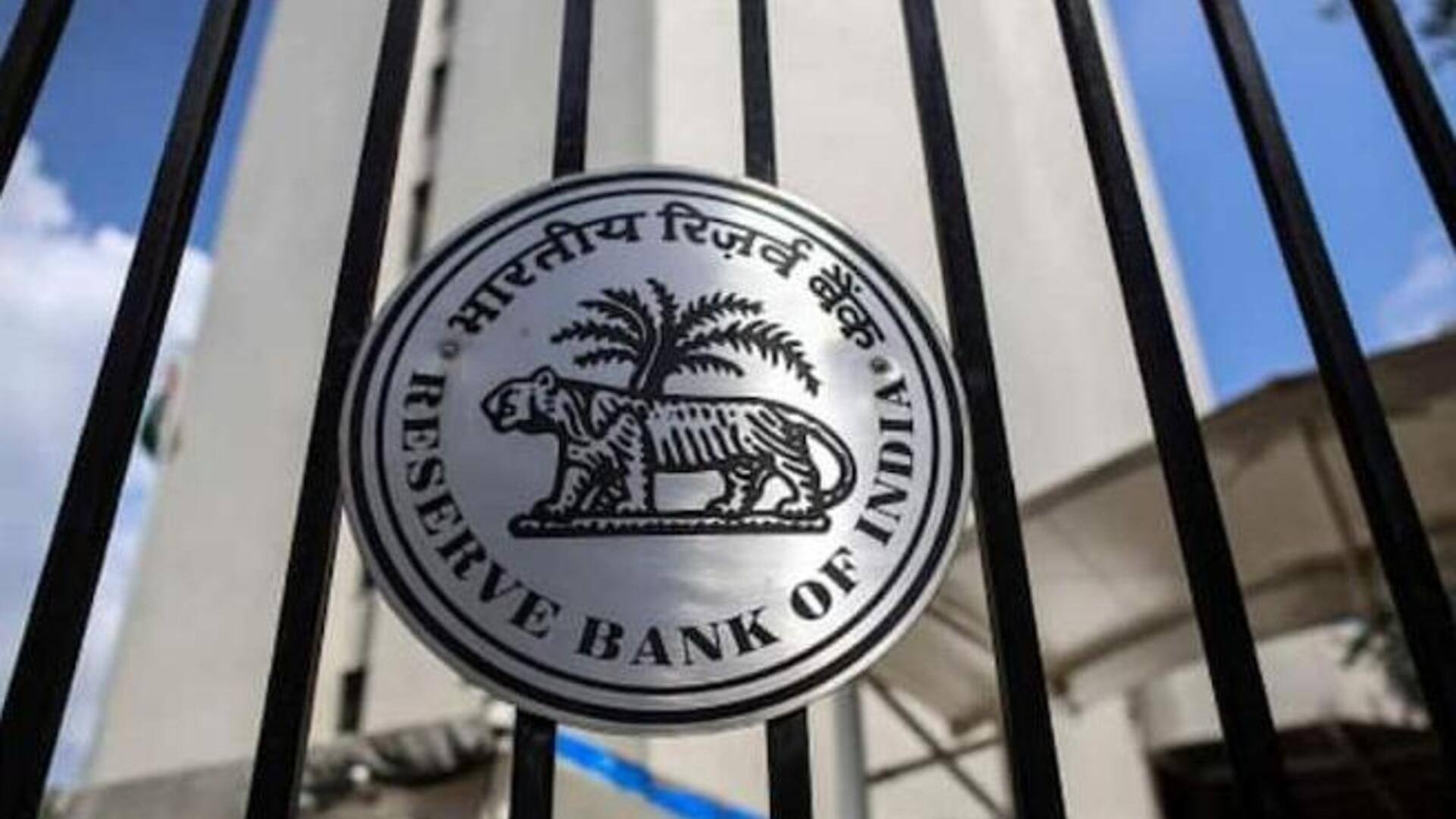
RBI's crackdown on unsecured personal loans: How it affects you
What's the story
Banks have been aggressively pushing tiny unsecured personal loans, below Rs. 10,000. However, this has raised concerns about potential risks. The Reserve Bank of India (RBI) has now increased risk weights on these loans. This means offering such loans will become more expensive for lenders, resulting in higher interest rates for borrowers. However, the new rules do not apply to housing loans, education loans, vehicle loans, and loans secured by gold and gold jewelry, the RBI said.
Details
What's the risk?
Although small loans offer advantages in accessibility, their unsecured nature becomes risky as they expand without control. The RBI's attention was drawn due to the alarming surge in unsecured loans, rising at 23%, well beyond the country's average credit growth of 12-14%. This swift expansion has raised worries as even small borrowers are showing signs of delayed repayments and missed payment schedules, hinting at possible increases in missed payments.
What Next?
Delinquency rates on small-ticket personal loans rising
For customers with at least one small-ticket personal loan, the balance-level delinquency rate, or the percentage of borrowers who miss a payment, was 5.4% in Q2 2023-24, an increase of 120 basis points since Q2 2022-23, as reported by credit bureau TransUnion Cibil. The report also highlighted that during Q2 2023, overall balance-level serious delinquencies improved across product categories, except for credit cards and personal loans.
Insights
Small-ticket personal loans account for significant origination volumes
Since January 2022, small-ticket personal loans under Rs. 50,000 have made up about 25% of total origination volumes, despite representing a minimal portion of overall retail balances. Consequently, the percentage of credit-active consumers taking out small-ticket personal loans rose to 8% in June 2023, up from 3% in June 2019. Rajesh Kumar, MD and CEO of TransUnion Cibil, as told to Economic Times, stressed the significance of solid underwriting processes and comprehensive credit risk management practices for long-term profitable growth.
Facts
Bankers maintain limited exposure and low-risk
Banking executives, such as SBI Chairman Dinesh Khara and Bank of Baroda MD & CEO Debadatta Chand, have stated that their exposure to unsecured personal loans is minimal and that delinquencies are within acceptable limits. However, a recent report by Swiss investment bank UBS anticipates the banking industry's credit losses from unsecured loans to increase between 0.5% to 2% in fiscal 2025, with NBFCs and state-owned banks having a larger proportion of weak personal loan borrowers than major private banks.